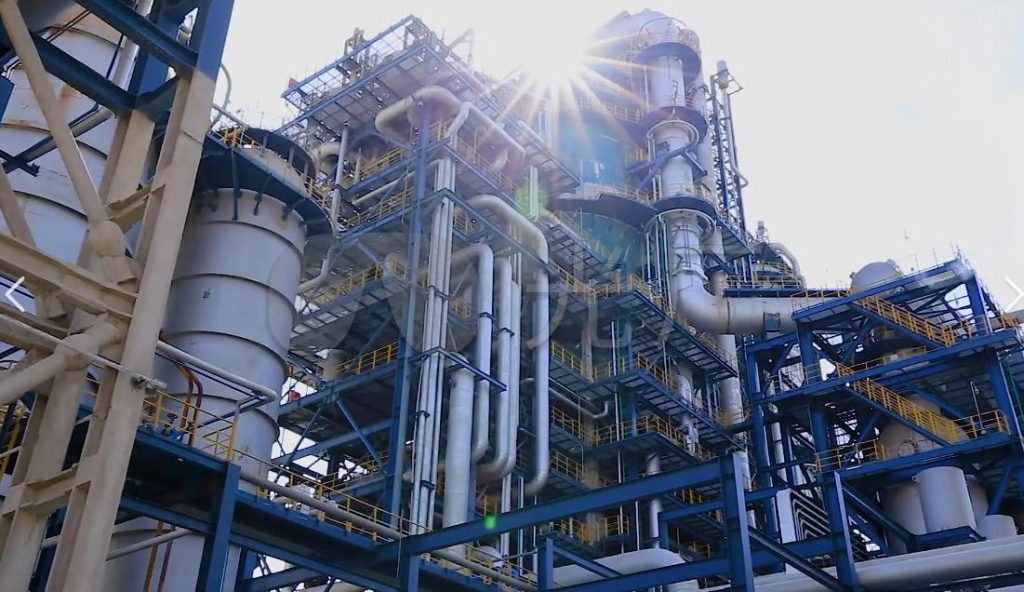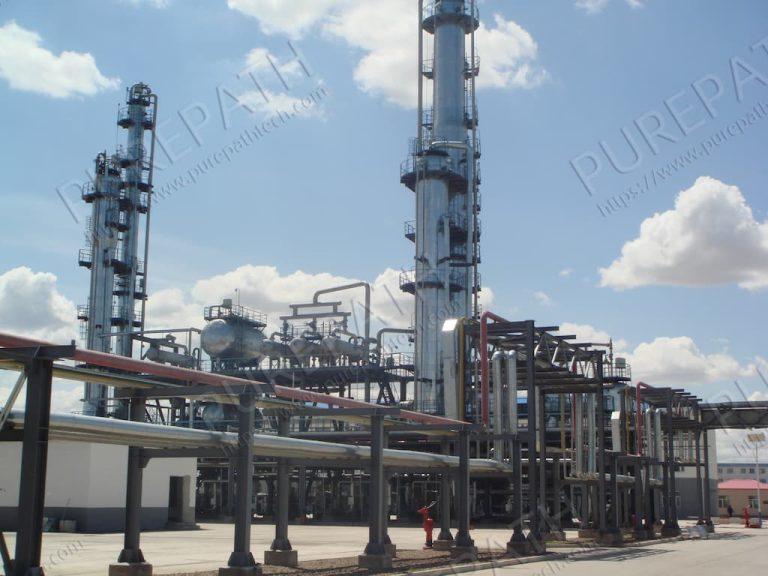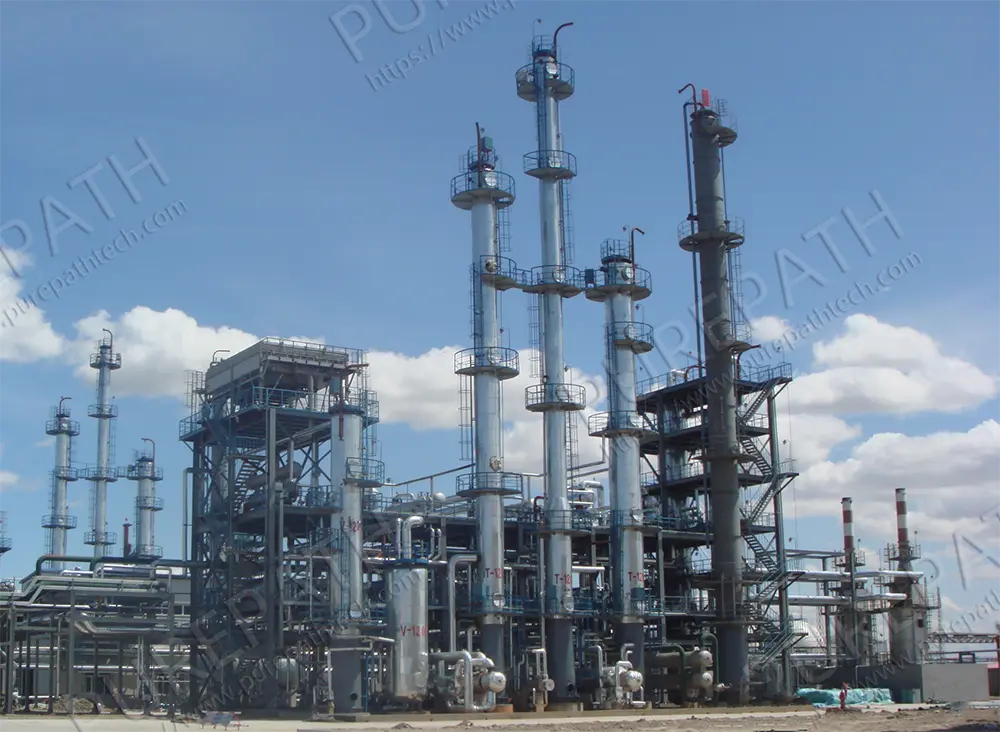What are the Types of Chemicals for Petroleum Refining?
Refining of petroleum is arguably the most important refining process in the global energy industry. From crude, we obtain vital fuel products like gasoline, diesel fuel, and jet fuel, along with precious petrochemical feedstocks. To make this possible, refiners employ a vast array of chemicals for petroleum refining.
As a seasoned producer of petroleum refining equipment and chemicals, we are well aware that selecting the proper formulations for each step of refining is imperative.
This article examines the principal categories of chemicals applied in oil refining, their advantages, and how you can find the best-fit supplier to make your long-term success a reality.
Why Chemicals Are Essential in Petroleum Refining
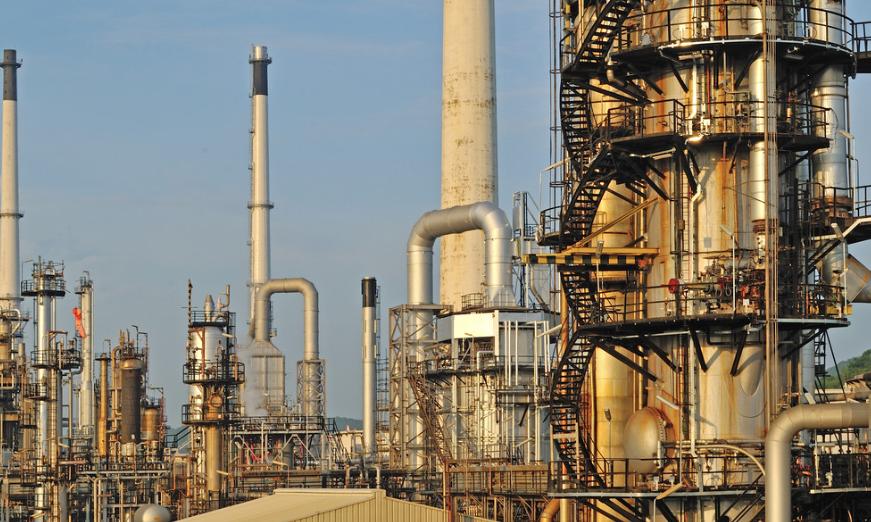
Refining petroleum is not simply a matter of separating crude oil into components within a distillation column. Chemistry, along with changing raw hydrocarbons into valued-added petroleum products like gasoline, diesel, and jet fuel, requires a full deck of cards. For petroleum refining, fundamental chemicals are a must. They make approaches appropriate and equipment safe while resolving environmental and stringent product quality issues surrounding oil refineries
Typical refinery challenges with chemicals for oil refining include:
- Controlling corrosion – crude oil with low pH results in damage to pipeline, distillation units, and exchangers if not neutralized.
- Prevention of fouling – inert materials within processing equipment minimize heat transfer, thus causing higher energy utilization.
- Desulfurization – treating and removing agents used in the super low sulfur fuel standard.
- Enhancements in product quality – Additives and catalysts help in improving speed, stability, and performance for the completion of fuels.
- Compliance – rules set must be followed, along with emerging surrounding fuels and emission boundaries set.
As petroleum refining chemical manufacturers, we have witnessed the difference a specialized chemical program can make when it comes to refinery performance. Through the use of optimized formulations, refiners can prolong equipment lifespan, decrease equipment operational expenses, and consistently produce and supply cleaner and high-quality fuels.
Main Types of Chemicals for Petroleum Refining
Refining crude oil to higher-value products is a multi-stage, multi-disciplinary operation that combines physical separation, catalytic conversion, and product finishing. Each stage poses its own technical challenge—impurities, corrosion, fouling, and regulatory restrictions—that cannot be solved by equipment alone. Instead, an extensive palette of petroleum refining chemicals is required to ensure operation efficiency and reliability. The following are the major categories and their application in refining oil.
Adsorbents and Purification Agents
Adsorbents have wide applications in pretreatment and purification operations in refining. Their main job is to eliminate undesirable pollutants that decrease fuel quality or cause equipment issues.
- Bleaching Earth (Activated Clay): This planet-based adsorbent is highly efficient in eliminating resins, asphaltenes, and trace metals. It also absorbs coloring bodies and unstable constituents, rendering fuel and base oils transparent and stable when stored. Refiners often rely on bleaching earth to refine transformer oils, lubricating oils, and aviation kerosene.
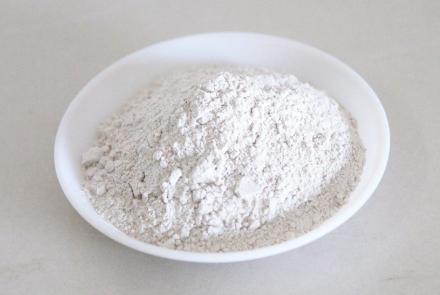
- Decolorizing Sand (Silica Gel): Silica-based adsorbents are generally superior in deodorization and decolorization. They are particularly successful in waste oil regeneration and base oil recovery, where they purge polyaromatic hydrocarbons, nitrogen compounds, and tars. This yields a lighter-colored, more stable product that meets commercial standards.
Adsorbents improve end-product aesthetics, stability, and application, and reduce the load on downstream catalysts.
Catalysts and Molecular Sieves
Catalysts are at the heart of modern refining. They accelerate chemical reactions, increase selectivity, and enable refiners to process heavier or sour crudes that would otherwise be uneconomical.
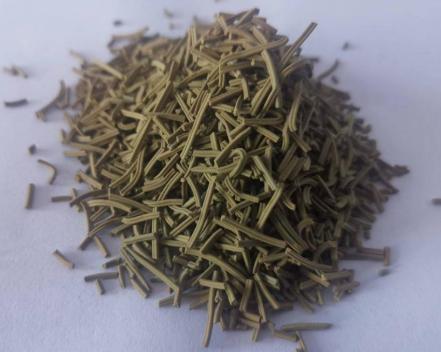
- ZSM-5 Zeolite: ZSM-5 is a high-performance molecular sieve used in FCC (Fluid Catalytic Cracking), hydrocracking, and olefin production. Thanks to its unique pore structure, ZSM-5 increases the yield of light olefins, boosts gasoline octane numbers, and minimizes undesirable by-products. It has become indispensable for refineries aiming to maximize clean fuel output while reducing coke formation.
- Hydrofining Catalysts: These catalysts are applied in hydrotreating processes for gasoline, kerosene, and diesel. They selectively remove sulfur, nitrogen, oxygen, and trace metals, ensuring compliance with ultra-low sulfur fuel standards worldwide. By doing so, they not only protect the environment but also safeguard downstream catalytic converters from poisoning.
Catalysts unlock higher conversion rates, cleaner fuels, and more flexibility in feedstock selection—key advantages in today’s competitive energy markets.
Flow and Performance Enhancers
Modern refineries need to enable fuels to perform dependably under different temperature extremes and during extended storage. These challenges are the focus of flow and performance additives.
- Pour Point Depressant: In diesel and lubricating oils, these additives change pore points by modifying the structural characteristics of wax crytals and enhancing cold flow characteristics. For instance, their use in the fuels of colder and polar regions is indispensable to avoid gelling and filter or pipeline blockage.

- Other Specialty Additives: Specialty additives include foam inhibitors, which improve the stability of the distillation and stratification of oil and water, and emulsifiers, of which demulsification aids the most. Each of these chemicals integrates unique approaches to solve intricate operational bottlenecks that would otherwise result in uneconomical operational downtimes.
Specialty additives limit maintenance and operational hazards, while ensuring fuels fulfill performance requirements under variable environmental conditions.
Solvents and processing aids
Solvents are used in the extraction and purification, in addition to controlling the viscosity of the liquid by the solvent’s viscosity. Each solvent used in specialty refining is of utmost importance when the separation of components needs to be split to precision.
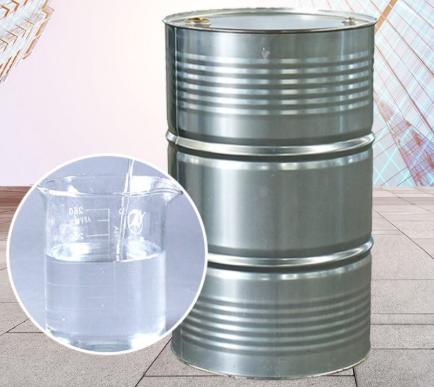
- N-Methyl-2-Pyrrolidone (NMP): Considered the strongest polar solvent, it is extremely stable chemically. In the field of refining, NMP is used in the extraction of aromatics, base oil refining, as well as purification of lube oils. NMP works by uplifting the viscosity index and improving the lubricants by dissolving aromatic compounds.
- Other Extraction Solvents: Oils, furfural, and dimethylformamide (DMF) are to be used to cut the unwanted components from lube base stocks. These solvents and oils are known to increase the oxidation stability, decrease the formation of sludge, and prolong the service life of the oil.
refiners stand to gain from the implementation of solvents in the specialty fuels and lubricants as they significantly improve the product value in the target markets which are high value.
Benefits of Using the Right Refining Chemicals
Choosing the right petroleum refining chemicals is not merely a matter of complying with regulations—it has a direct bearing on efficiency in operations, product quality, and long-term profitability. Refineries that invest in customized chemical programs tend to notice improvements in several areas of their operations.
Following is a listing of the major advantages, presented in table form for readability:
| Benefit | Explanation | Example Chemicals |
| Improved Operational Efficiency | Reduces fouling, enhances heat transfer, and accelerates reaction rates in processing units. | Catalysts (ZSM-5), Antifoulants, Demulsifiers |
| Enhanced Product Quality | Ensures fuels and base oils meet specifications for color, stability, sulfur content, and octane number. | Bleaching Earth, NMP, Hydrofining Catalysts, Pour Point Depressants |
| Reduced Maintenance Costs | Protects equipment from corrosion, scaling, and deposition, lowering unplanned downtime. | Corrosion Inhibitors, Neutralizers, Specialty Additives |
| Regulatory Compliance | Supports adherence to sulfur limits, emission standards, and environmental regulations. | Hydrofining Catalysts, Desulfurization Agents, Treating Chemicals |
| Sustainability & Energy Savings | Optimized chemical use reduces energy consumption and waste generation, contributing to greener operations. | Flow Improvers, Efficient Catalysts, Specialty Solvents |
In practice, the well-designed chemical program includes adsorbents, catalysts, solvents, and additives throughout the refinery. This integrated approach maximizes output. To refiners dedicated to operational excellence, investing in top-quality petroleum refining chemicals is a strategic investment that yields long-term dividends.
How to Choose a Reliable Supplier of Refining Chemicals
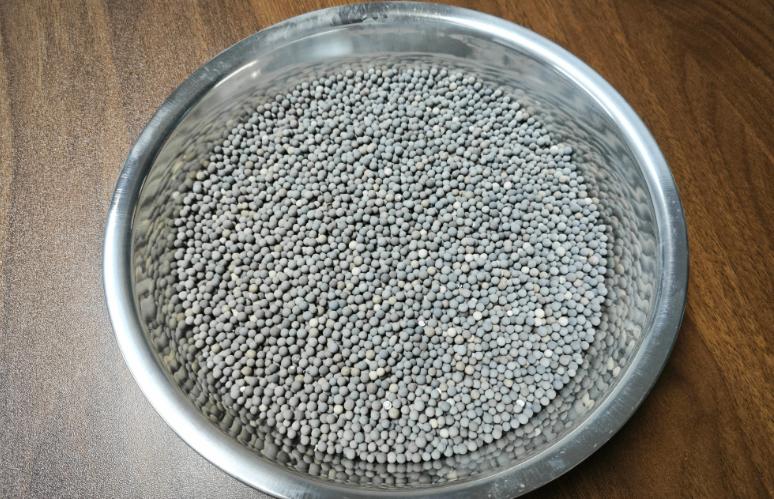
In a similar fashion to choosing the chemicals themselves, finding a supplier for the chemicals for the oil refining process is just as important. A reliable partner provides quality, assured supply, and tailored technical support. Critical factors include:
- Product Quality and Certification – Confirm the chemicals are compliant with regulations and have proper documentation.
- Technical Expertise – Suppliers must help with the formulation, dosage, and the full process of the integration.
- Customizable Capability – Each refinery comes with a different assortment of feedstocks and processes, thus it needs a flexible chemical approach.
- Supply Chain Reliability – Production standstill and other operational activities must not be disrupted; thus, timely delivery is essential.
With our years of experience in providing petroleum refining chemicals, we, as manufacturers, understand the supplier’s value; thus, we offer reasonable costs, technical support, and tailor-made solutions to support refiners in optimizing their operations.
For any need or seeking for help, please feel free to get in touch with us!


